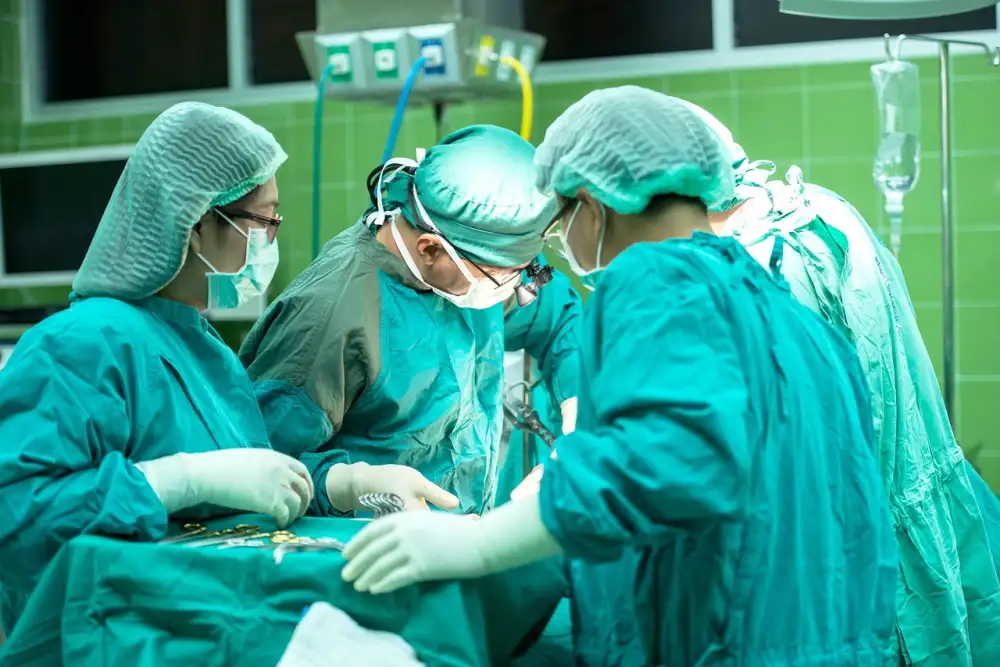Exploring the Safety of Getting a BBL with HIV: Health Facts Unveiled

Introduction to Brazilian Butt Lift (BBL) Procedure:
The Brazilian Butt Lift (BBL) is a popular cosmetic surgery procedure that enhances the shape and size of the buttocks using fat transfer techniques. During the procedure, excess fat is removed from areas such as the abdomen or thighs through liposuction, processed, and then injected into the buttocks to create a fuller and more lifted appearance. BBL is known for its ability to provide natural-looking results and has gained popularity among individuals seeking a curvier silhouette. It is essential for individuals considering BBL to understand the surgical process and potential risks involved.
Understanding HIV and its impact on surgical procedures
Understanding HIV is crucial when considering surgical procedures like the Brazilian Butt Lift (BBL). HIV weakens the immune system, increasing the risk of infections and complications post-surgery. Individuals with HIV may have delayed wound healing, higher chances of infection, and potential difficulties in managing anesthesia. It is essential for healthcare providers to be aware of a patient's HIV status to tailor the surgical approach and minimize risks during and after the procedure.
Risks and considerations for individuals with HIV undergoing BBL
Individuals with HIV considering a Brazilian Butt Lift (BBL) should be aware of specific risks. HIV weakens the immune system, increasing the likelihood of infection post-surgery. The stress of surgery can also impact HIV progression. Additionally, individuals with HIV may experience delayed wound healing and increased risk of complications such as seromas or infections. It is crucial for patients to discuss these risks thoroughly with their healthcare provider before proceeding with a BBL procedure.
Consultation and communication with healthcare providers
Consultation and communication with healthcare providers is crucial for individuals with HIV considering a Brazilian Butt Lift (BBL). It is essential to disclose your HIV status to your plastic surgeon and discuss any concerns or questions you may have regarding the procedure. Healthcare providers can provide valuable information on how HIV may impact the surgery, recovery process, and potential complications. They can also offer guidance on medication management, infection prevention strategies, and personalized care plans tailored to your specific needs. Open and honest communication with your healthcare team will help ensure a safe and successful BBL experience for individuals living with HIV.
Precautions and post-operative care for BBL patients with HIV
Precautions and post-operative care for BBL patients with HIV are crucial to ensure a safe recovery. Individuals with HIV should adhere strictly to their antiretroviral therapy regimen before and after surgery to maintain optimal immune function. It is important to minimize the risk of infection by following proper wound care protocols, including keeping the surgical site clean and dry. Regular follow-up appointments with healthcare providers are essential to monitor healing progress and address any concerns promptly. Additionally, maintaining a healthy diet, staying hydrated, and avoiding smoking or alcohol can support the body's healing process.
Conclusion and Recommendations for Individuals Considering BBL with HIV:
In conclusion, individuals living with HIV who are considering a Brazilian Butt Lift (BBL) should prioritize their health and safety above all else. It is crucial to consult with experienced healthcare providers who have expertise in managing surgical procedures for patients with HIV. Open communication about your medical history, viral load, and overall health is essential to ensure the best possible outcome.
Additionally, it is important to carefully weigh the risks and benefits of undergoing a BBL procedure with HIV. While there may be increased risks of infection and delayed wound healing for individuals with HIV, advancements in medical technology and careful pre-operative planning can help minimize these risks.
Ultimately, individuals with HIV should work closely with their healthcare team to develop a comprehensive plan for pre-operative preparation and post-operative care. This may include optimizing antiretroviral therapy, monitoring viral load levels, and adhering to strict hygiene protocols during recovery.
It is recommended that individuals considering a BBL procedure with HIV seek out reputable plastic surgeons who have experience working with patients living with HIV. By taking proactive measures and following medical advice diligently, individuals can enhance the safety and success of their BBL journey while living with HIV.
Published: 11. 04. 2024
Category: Health



